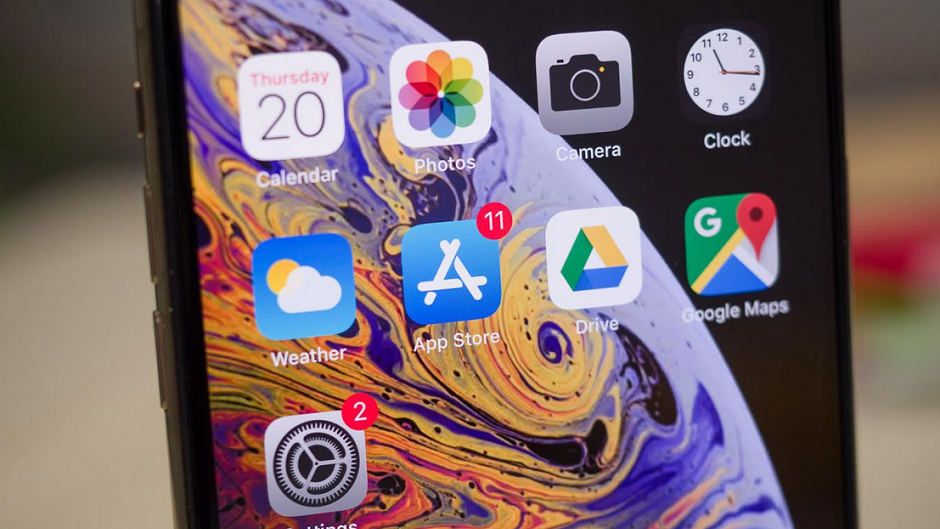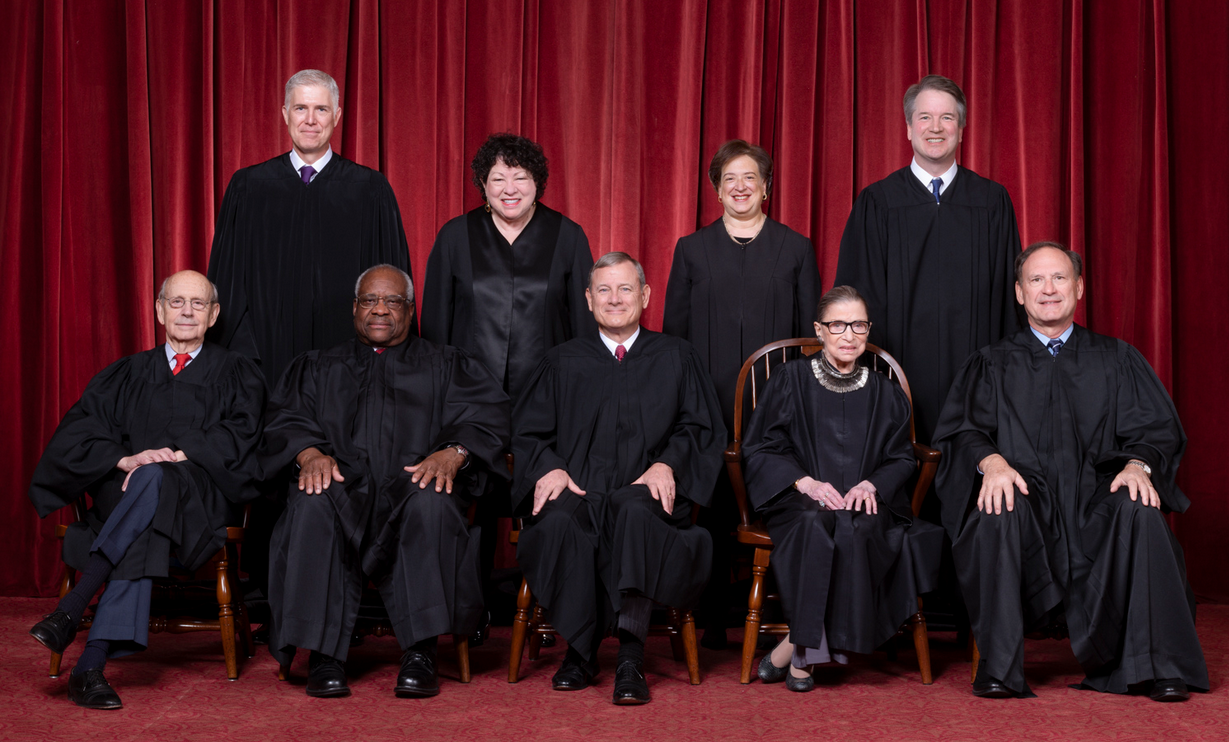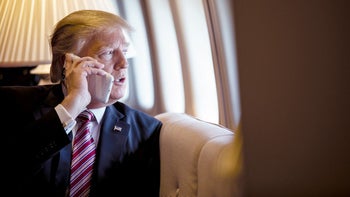Major Supreme Court ruling allows iPhone owners to sue Apple for acting like a monopoly

CNN reports that the U.S. Supreme Court passed down a ruling on Monday that affects Apple and other companies that offer a closed operating system. By a 5 to 4 vote, the Supreme Court ruled that plaintiffs in a huge class action suit against Apple can try to prove that the company acted as a monopoly by raising the prices of apps for the iPhone. This could be a very expensive decision against Apple; plaintiffs who win an antitrust suit can be awarded three times the amount of the damages that they are asking for.
The case dates back to a 2011 class action suit filed by iOS users. The plaintiffs alleged that the 30% of revenue that Apple takes from developers who sell their wares through the App Store, encourages higher prices for iOS apps. And because iOS is a closed system, iPhone and iPad users are forced to purchase apps only from Apple's official storefront. Android, which is an open system, allows users to sideload apps from third-party app stores. Apple responded by saying that it is only an "intermediary" and shouldn't be a party to such a suit. With the decision today, the Supreme Court, disagrees with the tech giant.
The Supreme Court ruled 5-4 that iPhone and iPad owners directly purchase the apps from Apple, thus allowing them to sue Apple. The decision in a 1977 case called Illinois Brick Co. v. Illinois allows only direct purchasers of a product to file suits in federal court claiming violations of antitrust laws. Trump appointee, Justice Brett M. Kavanaugh, wrote the majority opinion in Apple v. Pepper, No. 17-204. He was joined by four of the more liberal justices sitting on the Supreme Court. Trump appointee Justice Neil Gorsuch wrote the dissent.
The ruling doesn't say that Apple is guilty; it says that the company can be sued for alleged antitrust violations
Justice Kavanaugh wrote that when "retailers engage in unlawful anticompetitive conduct that harms consumers," these consumers have the right to file suit against the retailers to hold them accountable for their actions. "That is why we have antitrust law," the newest Justice sitting on the Supreme Court wrote. It is important to understand that the Supreme Court has not ruled that Apple violated antitrust laws. The action taken today by the highest court in the land merely allows the class action suit to continue with Apple as the defendant. Apple told the Supreme Court that the App Store has been very successful and offers over two million apps. The company says that in 2017, it paid developers over $26 billion.

The Justices of the Supreme Court ruled today that Apple can be sued by iOS users for allegedly vilating federal antitrust laws
The case reached the Supreme Court following a ruling by the United States Court of Appeals for the Ninth Circuit, in San Francisco. The latter said that Apple was a "distributor" of apps. The court's three-judge panel unanimously ruled for Apple with Judge William A. Fletcher writing "Apple is a distributor of the iPhone apps, selling them directly to purchasers through its App Store."
Gene Kimmelman, president of the consumer advocacy group Public Knowledge and a former Justice Department antitrust official, says that the ruling could have a negative effect on other tech companies that, like Apple, offer a "walled-off" storefront. Kimmelman noted that today's ruling "definitely should make tech companies wonder how the antitrust laws will be applied going forward in an online platform environment." Other antitrust experts were excited by the Supreme Court's decision, especially those who criticize the tech industry for being too powerful with such power in the hands of only a few giant companies.
The decision has also led investors to dump Apple's shares. The stock is down nearly 6% or $11.55 today and is currently trading at $185.63.
Follow us on Google News











Things that are NOT allowed:
To help keep our community safe and free from spam, we apply temporary limits to newly created accounts: